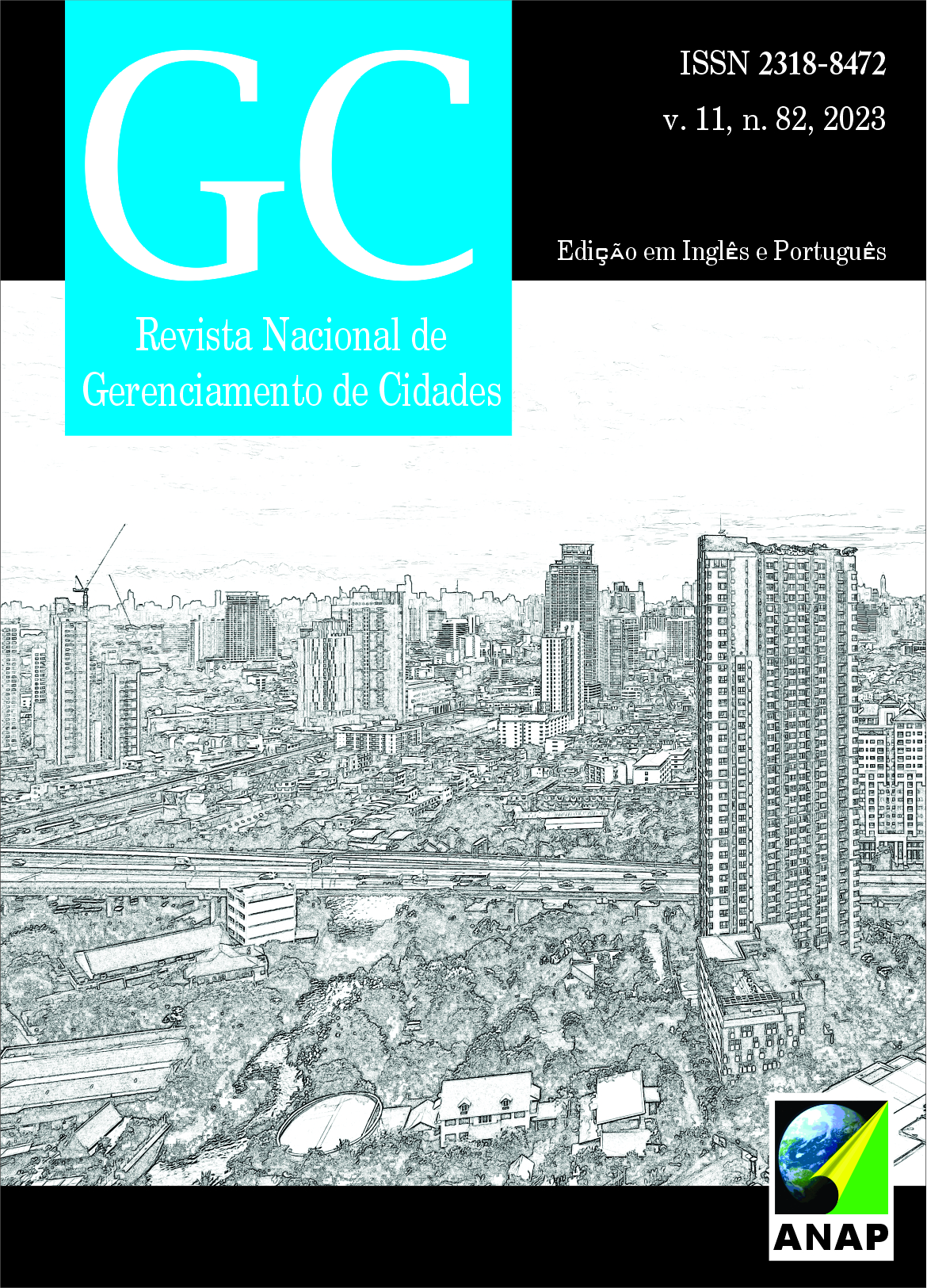Environmental legislation and the importance of urban afforestation in the municipality of Campo Grande - Mato Grosso do Sul
DOI:
https://doi.org/10.17271/23188472118220233273Resumo
The Federal Constitution of 1988 established the decentralization of competence to legislate on the environmental issue, and, consequently, the competence of the municipality to legislate on the environment, including the issue of urban afforestation. The objective of this article is to analyze urban afforestation, based on the legislation that deals with the subject, diagnosing the main problems derived from inadequate afforestation, either by choosing the wrong species or by the lack of maintenance and monitoring of the chosen seedlings. In this context, we also sought to verify the role played by the municipality in order to avoid the impacts caused by inadequate afforestation. It was concluded that, despite the importance of protecting the artificial environment and the existence of a vast legal apparatus available for the implementation of urban afforestation, the legislation is not fully effective, lacking in important technical aspects, which ends up leaving it to subjective criteria the implementation of afforestation, including respect for the tree species to be used.
Downloads
Referências
Publicado
Edição
Seção
Licença
Direitos autorais (c) 2023 Revista Nacional de Gerenciamento de Cidades

Este trabalho está licenciado sob uma licença Creative Commons Attribution-NonCommercial-ShareAlike 4.0 International License.















